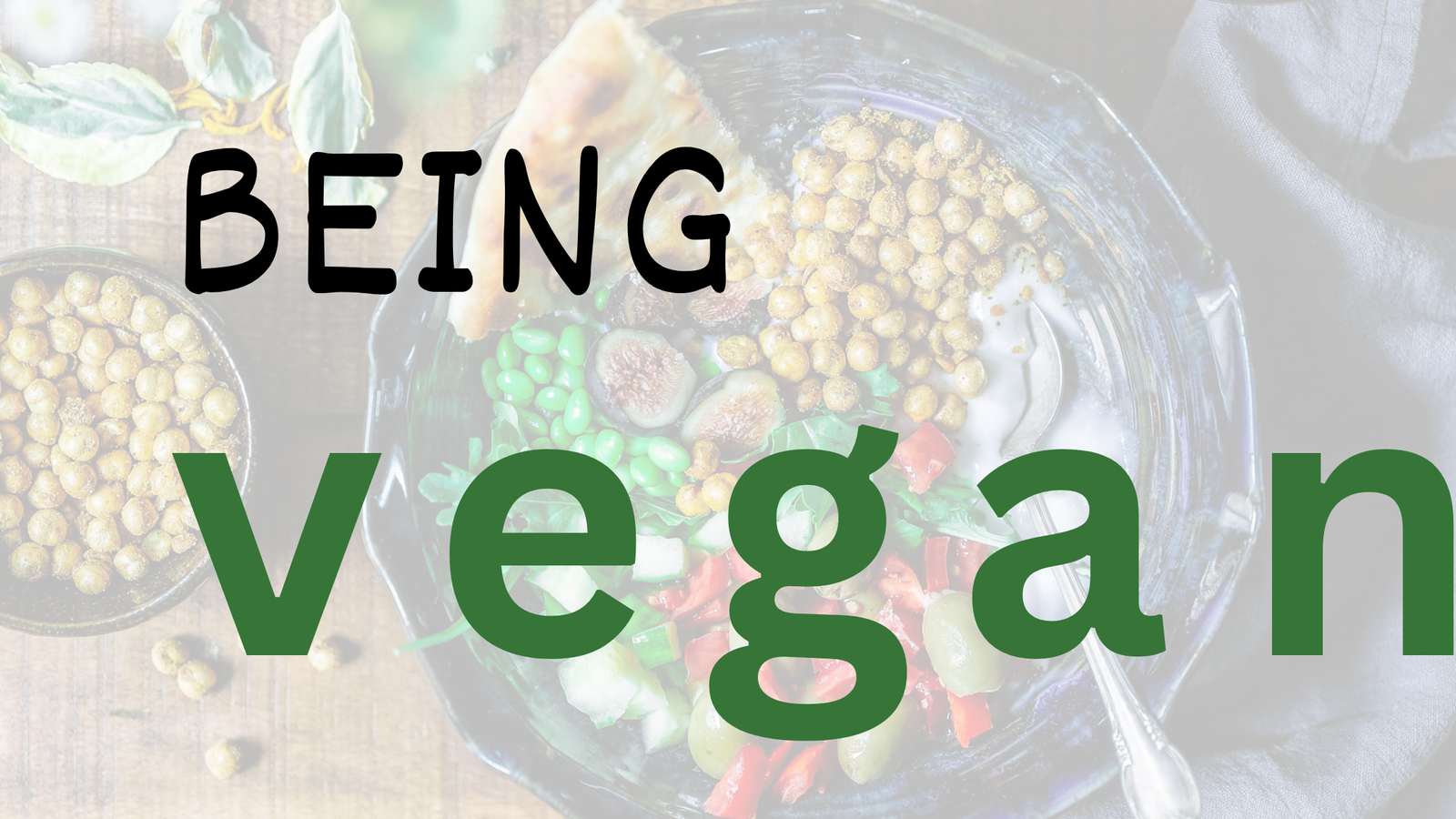Plant based diets are all about foods that come from plants, like vegetables, fruits, whole grains, nuts, seeds, and legumes. These diets can be diverse, ranging from vegan, which excludes all animal products, to vegetarian, which might include dairy or eggs.

The idea is to focus on whole, unprocessed foods that are rich in nutrients and often lower in saturated fats. Many people choose plant-based eating for health reasons, as it’s associated with lower risks of heart disease, high blood pressure, and some types of cancer.
People are also drawn to these diets for weight management and overall well-being.
Environmentally, plant-based eating is seen as more sustainable. Producing plant foods generally requires less water, land, and energy compared to raising animals for meat. With concerns about climate change and resource depletion, many are turning to plant-based options to reduce their ecological footprint.
The combination of health benefits and environmental consciousness is driving the increasing adoption of plant-based diets, making them a mainstream choice for many looking to improve their health and reduce their impact on the planet.
Benefits of Plant based diets for weight loss
Plant based diets are naturally lower in calories and saturated fats compared to diets heavy in animal products. Foods like fruits, vegetables, legumes, and whole grains are generally less calorie-dense and contain healthier fats. By consuming these foods, one can reduce their overall calorie intake and lower their intake of unhealthy fats.
Another fact that stands out is their high fiber content. Fiber plays a key role in keeping us feeling full and satisfied after meals. This can help to control hunger and prevent overeating.
Plant-based diets, rich in fiber from foods like beans, lentils, whole grains, and vegetables, naturally promote feelings of fullness and can contribute to maintaining a healthy weight over time.
They are full of nutrition
Plant-based diets offer a variety of protein sources that are both nutritious and delicious.
Beans and lentils are excellent choices, packed with protein, fiber, and essential nutrients. Tofu and tempeh, made from soybeans, are versatile options that can be used in a wide range of dishes, from stir-fries to sandwiches. Quinoa is a complete protein, containing all nine essential amino acids, making it a valuable addition to vegetarian and vegan diets.
These plant-based proteins provide the building blocks for muscle growth and repair along with other health benefits. They are typically lower in saturated fats and cholesterol than animal proteins. They often come with additional nutrients like iron, calcium, and antioxidants, contributing to overall well-being.
Sample One day plan that you can follow
Breakfast – Overnight Oats with Almond Butter and Banana (Approx. 350 calories)
- 1/2 cup rolled oats
- 1 cup almond milk
- 1 tablespoon almond butter
- 1 small banana, sliced
- Chia seeds and nuts for topping
Morning Snack – Coconut Yogurt Parfait (Approx. 150 calories)
- 1/2 cup coconut yogurt
- Handful of granola (low-sugar)
- Mixed berries for layering
Lunch – Quinoa and Black Bean Salad (Approx. 400 calories)
- 1/2 cup cooked quinoa
- 1/2 cup black beans (boiled)
- Mixed vegetables (tomatoes, corn, bell peppers)
- Fresh lime juice and olive oil dressing
Afternoon Snack – Baked Sweet Potato Chips (Approx. 100 calories)
- 1 medium sweet potato, thinly sliced and baked with a drizzle of olive oil and spices
Dinner – Vegetable Stir-Fry with Tofu and Brown Rice (Approx. 450 calories)
- Tofu cubes stir-fried with mixed vegetables (broccoli, carrots, bell peppers)
- Light soy sauce and ginger-garlic seasoning
- 1 cup cooked brown rice
Evening Snack – Mixed Nuts and Dried Fruits (Approx. 200 calories)
- Handful of mixed nuts (almonds, walnuts, cashews) and dried fruits (apricots, raisins)
Tips for the success of a newbie
If you are new to a plant-based diet, take it step by step to make the transition smoother and more sustainable. Start by incorporating more plant-based meals into your week, like swapping out meat for beans in a chili or trying a tofu stir-fry instead of chicken. Experiment with different fruits, vegetables, grains, and legumes to discover new flavors and recipes that you might love.
Gradually reducing your intake of animal products while increasing plant-based foods allows your taste buds and digestive system to adjust over time. It’s helpful to read about plant-based nutrition to ensure you get all the essential nutrients your body needs.
Remember, every plant-based meal is a step towards a healthier and more sustainable lifestyle.

